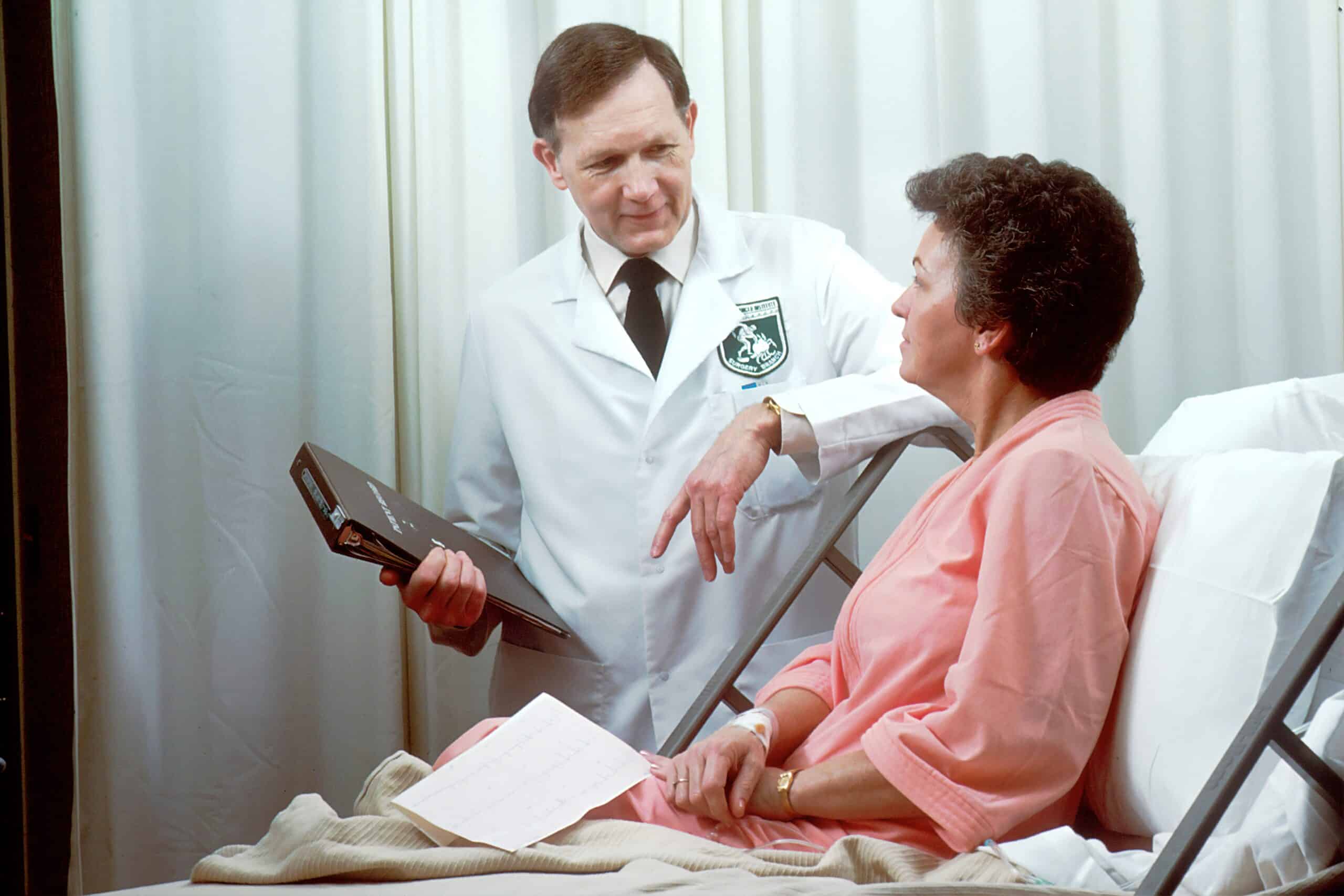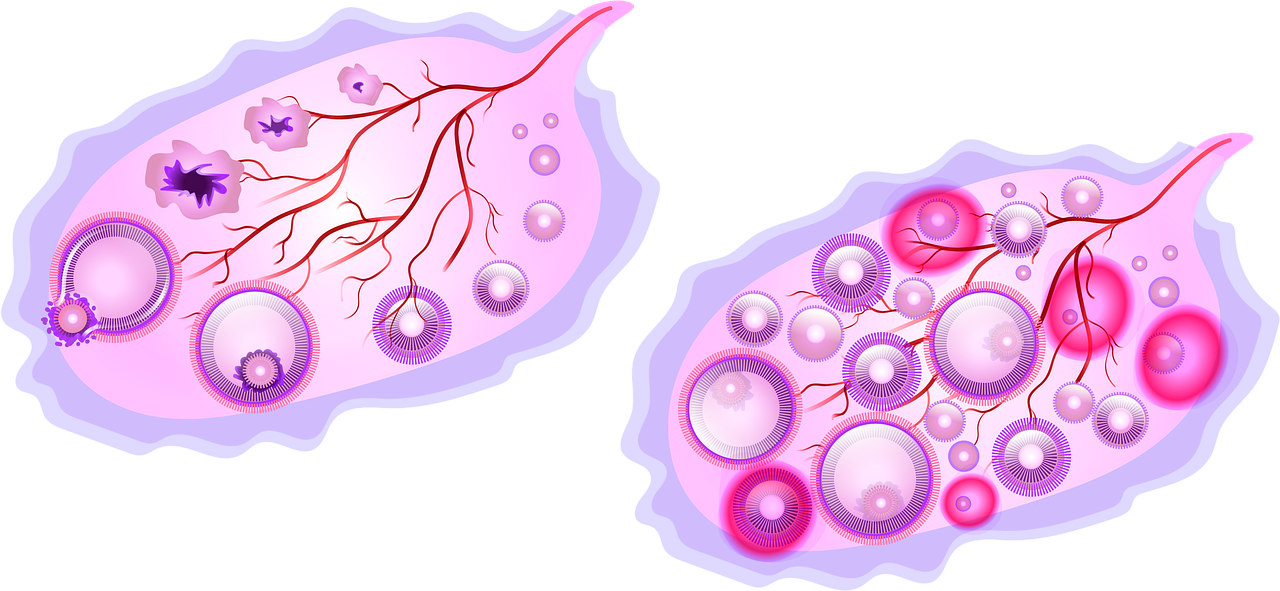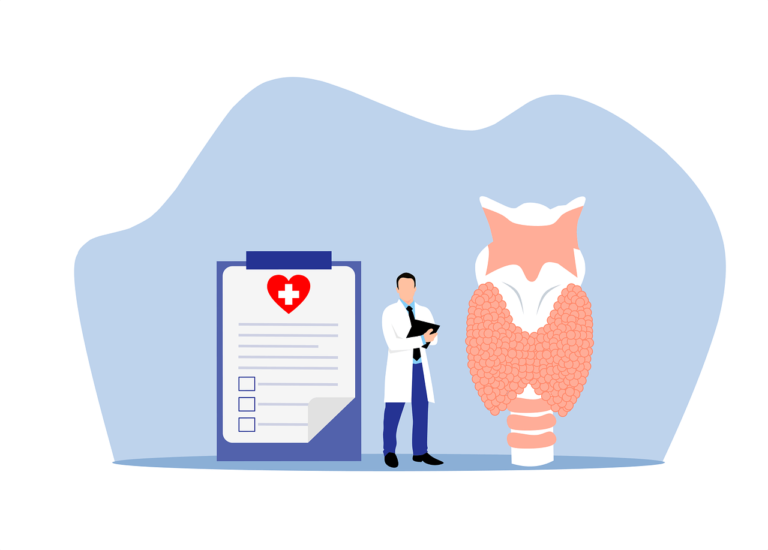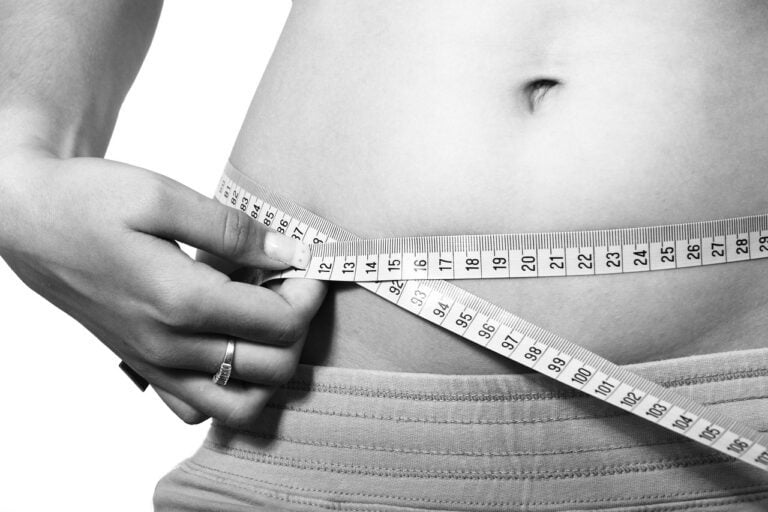Understanding the key difference between PCOD and PCOS is quite a critical task. Polycystic Ovary Disorder (PCOD) and Polycystic Ovary Symptoms (PCOS) are two names that are frequently used interchangeably, causing misunderstanding among many. In this detailed guide, we will examine the key differences between PCOD and PCOS, as well as their symptoms, causes, and treatment options.
Table of Contents
Toggle
What exactly is PCOD?:
PCOD, or Polycystic Ovary condition, is a common hormonal condition that affects people who have ovaries. It is distinguished by the development of tiny cysts or follicles on the ovaries. These cysts can interfere with the normal release of eggs during the menstrual cycle.
Common Symptoms of PCOD:
- Cyst Formation: The cysts that grow on the ovaries give rise to PCOD. These cysts are not hazardous, although they might cause fertility issues.
- Irregular Menstrual Cycles: Women with PCOD sometimes have irregular menstrual cycles, including heavy or extended periods.
- Hormonal Imbalances: PCOD is linked to hormonal imbalances, such as elevated levels of androgens (male hormones).
- Skin complexities like Acne and other skin problems.
- Hirsutism (excessive hair growth) on various parts of the body.
- Weight gain and obesity are common PCOD symptoms.
What Is the Cause of PCOD?:
Although the specific cause of PCOD is unknown, it is thought to be a combination of hereditary, lifestyle and environmental factors. Insulin resistance, a condition in which the body’s cells do not respond properly to insulin, is also linked to PCOD.
What exactly is PCOS?:
PCOS, or Polycystic Ovary Syndrome, is a wider condition that includes ovarian cysts as well as a variety of other symptoms and metabolic abnormalities. PCOS is a hormonal condition that affects women of reproductive age.
Common Symptoms of PCOS:
- Formation of Cyst: Like PCOD, PCOS can also result in the creation of ovarian cysts.
- Metabolic Problems: PCOS is linked to insulin resistance, which can result in weight gain and an increased risk of Type 2 diabetes.
- Irregular Periods: PCOS, like PCOD, can result in irregular or missing menstrual cycles or no period at all.
- Due to irregular periods cycle or missing ovulation, one can face difficulty in getting pregnant.
- Hirsutism and Acne: Hormonal abnormalities in PCOS may result in excessive hair growth (hirsutism) mostly on the face, chest area and back.
- Skin Problems: It can also lead to acne and other skin disorders.
The Key Difference between PCOD and PCOS:
Now that we’ve covered the basics of PCOD and PCOS, let’s look at the significant differences between them:
The Range of Symptoms
PCOS is a more complex condition that includes not just ovarian cysts but also metabolic and hormonal abnormalities. PCOD is most commonly associated with the development of ovarian cysts.
Factors Affecting Metabolism
PCOS is significantly linked to insulin resistance, which is not a characteristic indicator of the disease.
Imbalances in Hormones
While both illnesses cause hormone abnormalities, PCOS frequently causes more severe hormonal issues.
Diagnosis
PCOD and PCOS diagnostic criteria can differ. In addition to ovarian cysts, PCOS is often diagnosed by the presence of particular symptoms such as high testosterone levels or insulin resistance.
PCOD and PCOS Treatment Options:
Both PCOD and PCOS can be effectively controlled with the right medical care and lifestyle adjustments. Treatment options include:
Changes in Lifestyle
A nutritious diet, frequent exercise, and weight management can help improve PCOD and PCOS symptoms. These lifestyle adjustments can improve insulin sensitivity and menstrual cycle regulation.
Medical treatments
Healthcare experts can prescribe hormonal birth control, anti-androgen medicines, and insulin-sensitizing medications to manage the symptoms of PCOD and PCOD.
Treatments for Infertility
Women suffering from PCOD or PCOS who are trying to conceive may require reproductive therapies such as ovulation induction to achieve pregnancy. These treatments are designed to assist people in becoming pregnant by addressing the underlying reasons for infertility associated with these medical conditions.


A Comprehensive Solution to PCOD and PCOS:
Individuals with PCOD and PCOS might take a comprehensive approach to controlling the condition in addition to medical treatment. Consider the following strategies:
1. Dietary Options
A healthy and balanced diet is essential for managing both PCOD and PCOS. Always prefer to consume whole foods such as fruits and vegetables, lean meats, and whole grains.
2. Exercise on a regular basis
Physical activity is essential for improving insulin sensitivity and weight management. Include regular exercise in your daily schedule, focusing on at least 2-3 hours per week of moderate cardiovascular exercise.
3. Weight Control
Maintaining a healthy weight is important for those with PCOD and PCOS since extra body fat might worsen symptoms and insulin resistance. For customized weight control assistance, consult a healthcare physician or a dietician.
4. Stress Management
Hormonal imbalances can be worsened by chronic stress. To assist in managing stress, try stress-reduction practices like meditation, yoga, mindfulness, or counselling.
5. Your Support Networks
Living with PCOD or PCOS can be physically and emotionally challenging. Get help from physicians, your support groups, or internet forums to connect with people who share your experience.
6. Routine Checkups
Frequent checkups are required to monitor your status and customize treatment as necessary. Keep in contact with your certified physician.
Conclusion:

To summarize, while PCOD and PCOS may sound similar, they are different conditions with discrete scopes, symptoms, and diagnostic criteria. If you feel you have one of these disorders, you should see a doctor right away to get a proper diagnosis and treatment. Individuals with PCOD and PCOS can have healthy and productive lives with the proper care and lifestyle changes.
Understanding the key differences between PCOD and PCOS is the first step toward effectively managing both diseases. Individuals can take charge of their health and well-being by obtaining medical advice and implementing positive lifestyle adjustments.
In conclusion, both PCOD and PCOS are complex illnesses that impact many people, and while they have certain similarities, they also differ significantly.
Early diagnosis and good management require knowledge and awareness of these variations. If you or someone you know is suffering symptoms of PCOD or PCOS, visit your doctor for an accurate diagnosis and treatment.
As research in the field of women’s health progresses, developments in understanding and treating these disorders offer hope to those affected. Individuals might discover their way to better health and well-being with the correct information and assistance.
FAQ (Frequently Asked Questions):
Q1. What is the difference between PCOD and PCOS?
Ans: PCOD involves irregular menstrual cycles and cyst formation, which can be easily maintained by significant lifestyle changes. PCOS encompasses hormonal and metabolic imbalances along with ovarian cysts, which are more severe than PCOD.
Q2. Can PCOD develop into PCOS?
Ans: While there can be similarities, “PCOD” does not always progress to “PCOS.” Proper management of PCOD can sometimes prevent the development of PCOS.
Q3. Can these conditions be cured completely?
Ans: Both “PCOD” and “PCOS” can be managed but not completely cured. Proper medical guidance and lifestyle changes can help control their symptoms.
Q4. Are the symptoms of PCOD and PCOS only related to menstrual cycles?
Ans: No, the symptoms of both “PCOD” and “PCOS” extend beyond menstrual irregularities. They can include weight gain, hormonal changes, skin issues, and even fertility problems in severe cases.
Q5. What is the severity of fertility concerns for PCOD and PCOS?
Ans: Women who have PCOD may have trouble getting pregnant since their menstrual periods are irregular. However, many women can have safe pregnancies with the right treatment, lifestyle modification and medical guidance.
Fertility problems are more difficult to treat in PCOS due to more complex and severe abnormalities of hormonal imbalances. In some situations, major medical procedures may be required to help a woman become pregnant.







5 thoughts on “Key Difference Between PCOD and PCOS”
Good information
Very helpful
Thank you for your valuable feedback.You can explore other articles for more such informations.
Very Helpful
Thank you for your valuable feedback.You can explore other articles for more such informations.